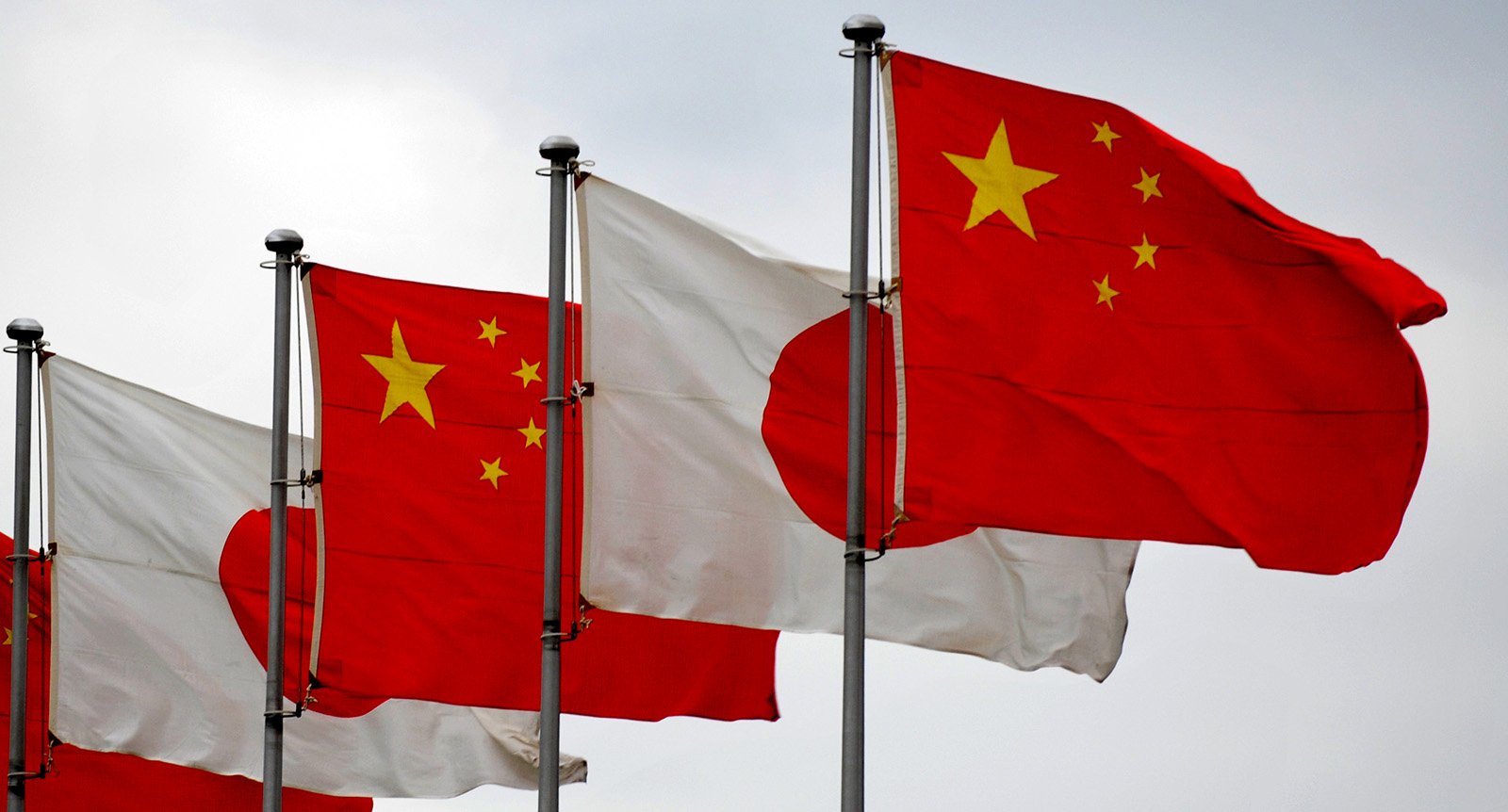Beijing, 7 July 2023 (TDI): On Friday, China said that Japan’s misleading justification for releasing nuclear-contaminated water into the ocean under the guise of scientific reasoning is an attempt to “whitewash” its decision and is causing confusion among the international community.
According to Japan’s Chief Cabinet Secretary Hirokazu Matsuno, China and South Korea’s nuclear power plants discharged liquid waste containing high levels of tritium into the sea. Matsuno stated that Japan’s standards in this matter are significantly lower compared to other countries, including China and South Korea.
In response, Wang Wenbing, a spokesperson for the Chinese foreign ministry, told the press briefing that Japan intentionally compares Fukushima’s nuclear-contaminated water to water released by normally operating nuclear power plants worldwide.
Therefore, He added, “With such disguised replacement of concept, it is seeking to mislead public opinion.”
Since the nuclear-contaminated water and the water released by nuclear power plants come from different sources, contain different radionuclides, and require different levels of sophistication to handle, no comparison can be drawn between the two.
The International Atomic Energy Agency (IAEA), particularly, has not evaluated Japan’s treatment facilities’ effectiveness and long-term reliability; thus, it cannot assure that all nuclear-contaminated water will meet the required standards after treatment for the next 30 years.
In addition to this, the spokesperson also criticized Japan’s tactics for portraying the nuclear-contaminated water as safe and harmless, such as introducing a cute mascot to represent radioactive tritium and using the pseudo-scientific term “treated water.”
Also read: China rejects IAEA report on Japan’s nuclear waste
Having that said, Wang urged Japan to stop shifting responsibility, earnestly respond to the international community’s legitimate concerns, stop pushing forward the ocean discharge plan, and handle the nuclear-contaminated water in a truly science-based, safe, and transparent manner after conducting thorough consultation.”
What is the issue
The proposal by Japan to release treated wastewater from the Fukushima nuclear plant has sparked anxiety and anger both domestically and internationally.
Following the significant damage caused by the 2011 tsunami, over one million tonnes of treated wastewater have accumulated at the site, prompting Japan’s decision to discharge it into the Pacific Ocean.
The International Atomic Energy Agency (IAEA), a United Nations nuclear watchdog, has recently released a report supporting Japan’s plan.
However, since the plan was announced two years ago, it has been controversial in Japan. Local communities have expressed concerns about potential contamination and its implications.
The fishing and seafood industry groups in Japan and neighboring regions have also voiced apprehensions about the impact on their livelihoods, fearing a decline in seafood consumption due to consumer avoidance.
In addition, Tokyo’s neighboring countries, particularly China, have strongly criticized Japan, accusing it of regarding the ocean as its “private sewer.” China has recently criticized the IAEA report, claiming it to be biased and one-sided.
Given these developments, it is essential to understand the details of Japan’s plan and how it has caused such widespread concern and disagreement.
Japan’s intended course of action
Following the disaster, the Fukushima nuclear plant’s operator, Tepco, has been injecting water to cool down the fuel rods within the reactors. Consequently, the plant generates contaminated water on a daily basis, which is then stored in large tanks.
Over 1,000 tanks have already been filled, leading Japan to acknowledge that this interim solution is not sustainable in the long run. The country plans to gradually release this water into the Pacific Ocean over the course of the next three decades, asserting that the discharged water is safe.
While releasing treated wastewater into the ocean is a customary practice for nuclear plants, the circumstances surrounding this particular waste differ significantly due to its origin as an accident by-product.
Tepco employs the Advanced Liquid Processing System (ALPS) to filter the Fukushima water, effectively reducing most radioactive substances to levels within acceptable safety standards. However, tritium and carbon-14 remain present, as they are challenging to separate from water.
Tritium is a radioactive form of hydrogen, while carbon-14 is a radioactive form of carbon. Both substances are naturally widespread in the environment, including water sources and even within the human body, as they are produced in the Earth’s atmosphere and enter the water cycle.
Although tritium and carbon-14 emit extremely low levels of radiation, their consumption in significant quantities can pose risks.
The filtered water undergoes additional treatment and is then mixed with seawater to further dilute the remaining substances before being released into the ocean. Tepco has implemented a system of valves to prevent any accidental discharge of undiluted wastewater.
The Japanese government asserts that the final tritium level, approximately 1,500 becquerels per liter, is considerably safer than the regulatory requirements for nuclear waste discharge and the World Health Organization’s standards for drinking water. Tepco has also indicated that the carbon-14 level would meet these standards.
Both Tepco and the Japanese government have conducted studies demonstrating that the discharged water poses minimal risks to humans and marine life.
China and other neighboring countries’ response
China has demanded that Japan reach an agreement with regional countries and international institutions before proceeding with the release of the water.
Beijing has accused Tokyo of violating “international moral and legal obligations” and has issued a warning that Japan must accept full responsibility for any consequences resulting from the plan.
The current relationship between the two countries is tense, with Japan’s recent military buildup and China’s provocative actions concerning Taiwan exacerbating the situation.



